Media and Culture Studies
Game studies has been part of the field of Media and Culture Studies at Utrecht University since around 2000 in both research and education. From this disciplinary perspective, games, gameplay, and game culture are studied as cultural phenomena with ever-changing form and meaning which give shape not just to game culture but our media culture at large.

What is (Dutch) Game Research? – Part 1
Is there a specific Dutch identity to the game research conducted in the Netherland? Or at the UU? Part 1 of a series of articles exploring this key question.

Meet the Makers: Roos Groothuizen
The Transmission in Motion research group is organizing another Meet the Maker event, this time focusing on media artist Roos Groothuizen who works primarily with playful media.
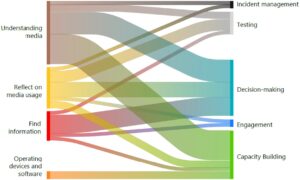
Article: Digital literacy games: a systematic literature review
Frontiers in Communication journal has published the open access article "Digital literacy games: a systematic literature review", authored by the team behind the Digital Literacy Games KIEM GO-CI grant project, a collaboration between Erasmus University and Utrecht University.
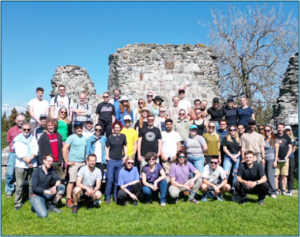
Shape2Gether: Experiencing the Trondheim Summer School
In May of 2024 five UU students went for a week to Trondheim, Norway, to participate in the first of three summer schools as part of the Erasmus+ project Shape2Gether. This is their report of the summer school.
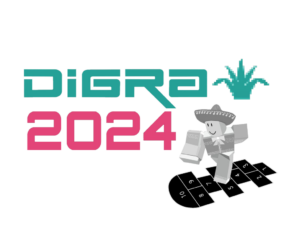
Game Research @ DiGRA 2024
The yearly international confernce of the Digital Games Research Association (DiGRA) was held in Guadalajara, Mexico from 1-5 July, and members from the Utrecht Center for Game Research were present to present their current work.

“Hacking Board Games” Workshop at RMeS 2024 Summer School
Concluding the RMeS Summer School 2024: Environmental Media, Laura op de Beke and Stefan Werning of the Utrecht Game Lab organised a workshop for RMA students to facilitate ecological thinking by redesigning (or: ‘hacking’) board games.

Fostering an Open Mind – First Test of WP2
On June 7th 2024, the Fostering an open mind and open attitude in higher education using games and art-based educational activities (Open Mind) project ran an initial play test of the first two components of Work Packet 2 (WP2), a toolbox to aid students in building games that deal with often complex and polarizing topics in an approachable manner.
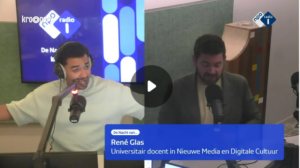
In the media: René Glas in NPO Radio 1’s De Nacht van…
Game researcher René Glas was interviewed by presenter Benji Heerschop on Dutch national radio channel NPO Radio 1 to talk about games within our contemporary society.

Playing the Hidden Curriculum
Playing the Hidden Curriculum: Exposing, materializing and questioning the unwritten rules of higher education is a research project that aims to adress the unwritten social and cultural rules in education, so that the UU will foster its education in a more social and inclusive way.
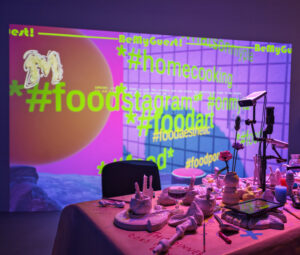
Meet the Makers: Daniela Tenenbaum and “In Touch”
Our colleagues from the Transmission in Motion hybrid research community are organizing another Meet the Makers session, this time focusing on the IMPACT exhibition In Touch. It’s an exhibition which should be interesting for those exploring the potential of playful media.
